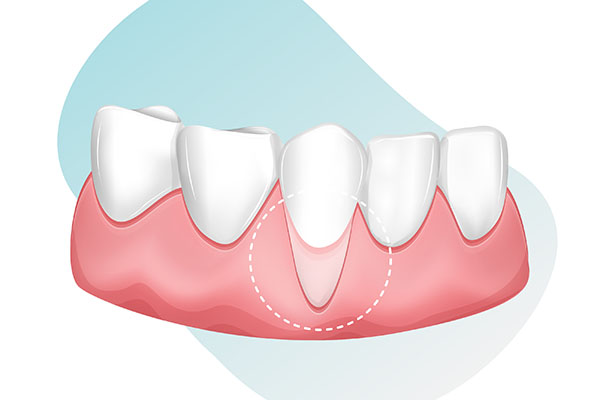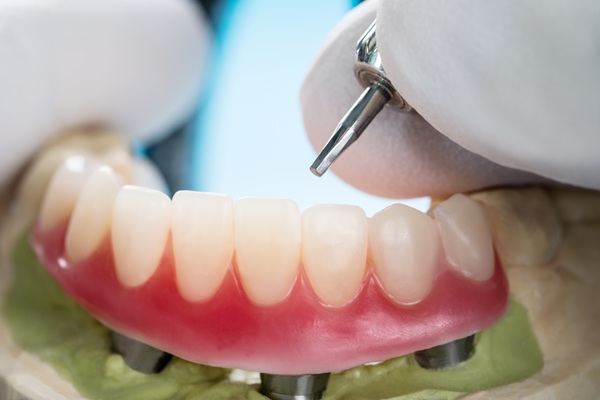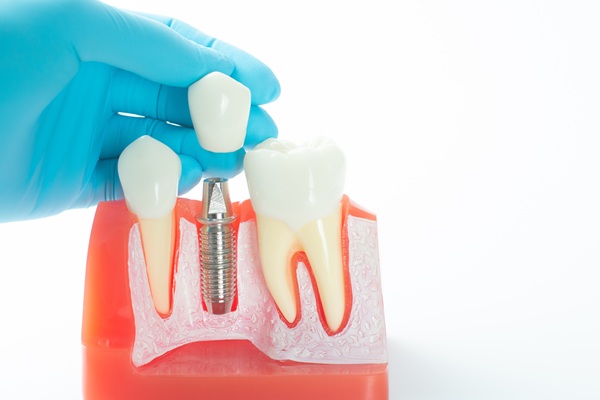 Are you concerned about receding gums? Read on to learn about the most common causes for this condition. It is important to understand the common causes of receding gums as they are the most notable risk factors of periodontal disease that leads to gum recession. By understanding these risks, you can take the necessary preventive action to protect your smile, the health of your gums, and your overall health.
Are you concerned about receding gums? Read on to learn about the most common causes for this condition. It is important to understand the common causes of receding gums as they are the most notable risk factors of periodontal disease that leads to gum recession. By understanding these risks, you can take the necessary preventive action to protect your smile, the health of your gums, and your overall health.
Here are the most common causes of receding gums
The most common causes of receding gums are poor oral hygiene, high consumption of sugar (as well as other carbohydrates), tobacco products, brushing the gums too hard, and irregular cleaning and check-up visits. In some cases, hereditary or general health factors (such as diabetes) could put the person at an increased risk, as well.
Poor oral hygiene
When a dental professional refers to the term oral hygiene, they are often describing the quality of care in between cleaning visits. Protecting teeth and periodontal health involves brushing, flossing, and regularly using mouthwash. Otherwise, there can be a build-up of plaque and tartar on the surface of teeth and along the gum line, resulting in issues such as receding gums.
High consumption of sugar
A person’s diet also plays a major role in the overall status of their periodontal health. Specifically, consuming an excessive amount of sugar and other refined carbohydrates can contribute to the onset of periodontal disease and receding gums that result from the disease. Sugar can combine with bacteria and damage the teeth and gums through acidic reactions. Consequently, it is important to limit sugar consumption and practice good oral hygiene after consuming sugar.
Tobacco products
Most people are familiar with the negative general health effects of tobacco products. Dentists recognize the broader concern, but they specifically recommend patients stay away from the use of tobacco products to reduce the risk of oral health concerns such as gum disease, which could lead to gum recession.
Brushing the gums too hard
Although it is not as common of a cause, sometimes the cause of receding gums is brushing the gums excessively. If you feel as if you take great care of your gum health but are still experiencing gum recession, then the cause could be excessive brushing of the gums. To be safe, it is still encouraged to schedule a dental visit if this is the most likely cause.
Irregular check-up and cleaning visits
Check-up and cleaning visits are for patients with relatively healthy gums and teeth. The purpose of these visits is to identify potential gum concerns (such as receding gums) early and treat them in a less invasive manner before the concern worsens. Dental cleanings are encouraged two to three times every year.
The bottom line
Good oral hygiene includes caring for teeth at home as well as scheduling regular cleaning visits once every four to six months. If you are due for your next check-up and cleaning, then contact our dental practice today to find an appointment time that works for you.
Request an appointment or call Rafael E. Cordero, DDS PA at 561-763-9221 for an appointment in our Palm Beach Gardens office.
Recent Posts
A robust oral hygiene routine serves as the foundation for a healthy smile and gum disease prevention. When plaque and tartar accumulate along the gumline, the risk of periodontal issues increases significantly. Simple daily habits, combined with professional guidance, can significantly reduce the likelihood of gum inflammation and more serious periodontal complications. Here are simple,…
When we go to the dentist or periodontist, one of the last things that we expect to hear is that we need gum recession treatment. However, gum recession happens to many people for many reasons. When it does happen, it is important to get it treated properly as soon as possible to avoid further damage.…
Concerned about gum recession? Read on to learn more. If your smile looks different in the mirror recently, you might want to see a periodontist. You may notice your tooth roots are showing more, your teeth seem longer, or your gums are receding. Perhaps your gums are becoming more tender and your teeth are more…


